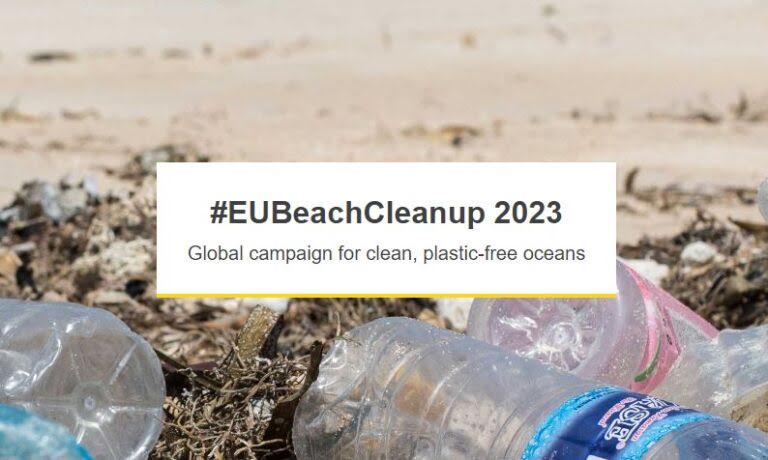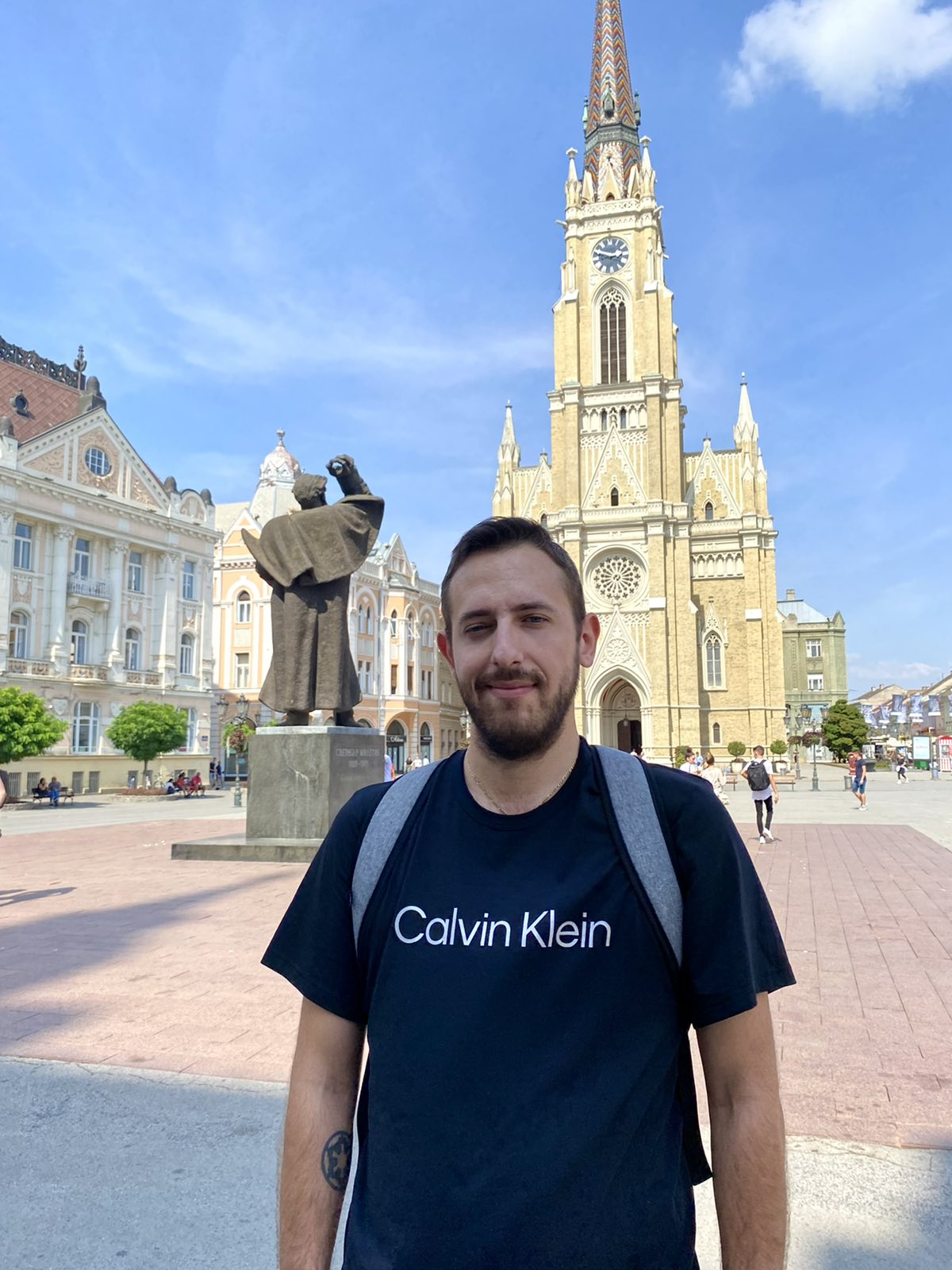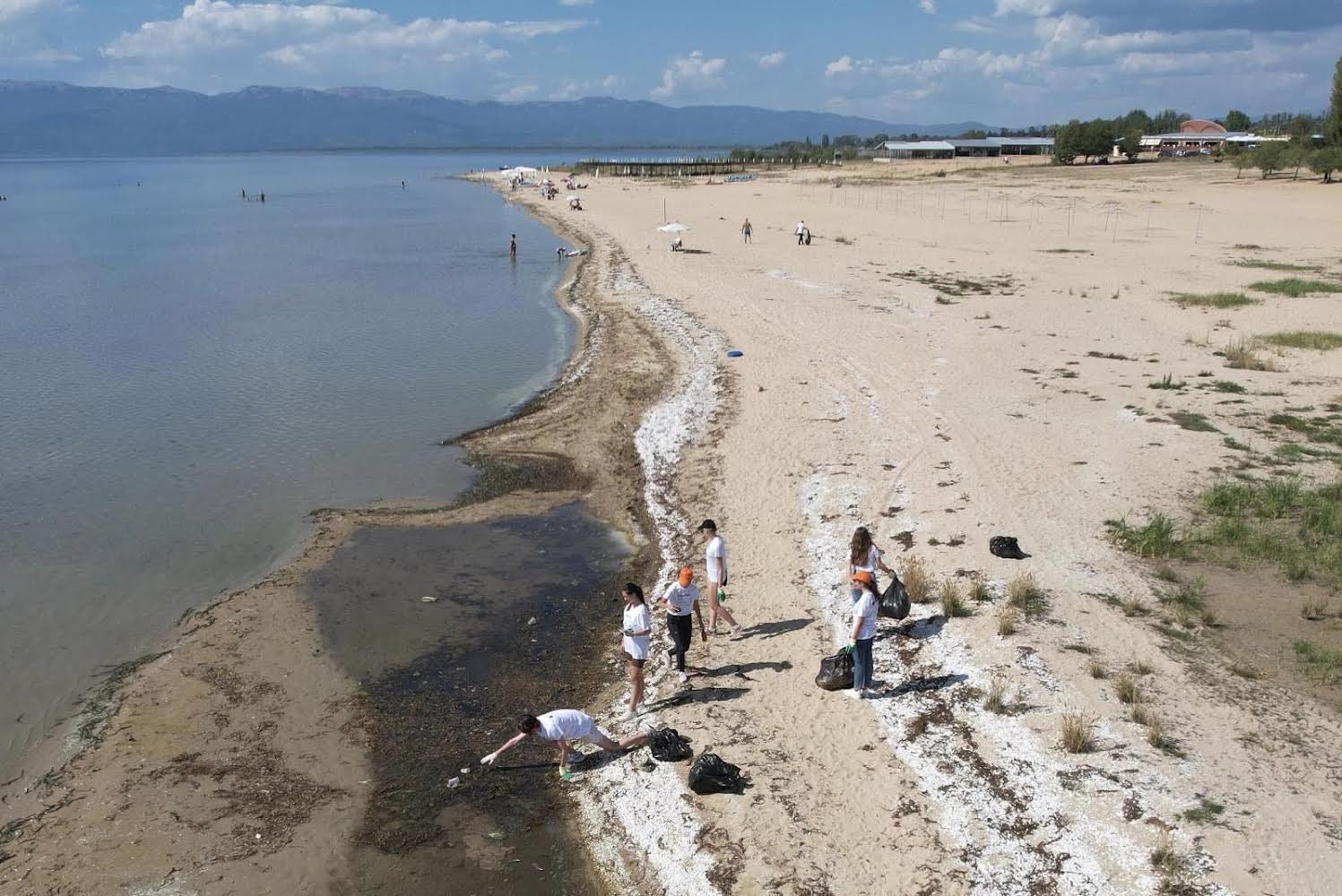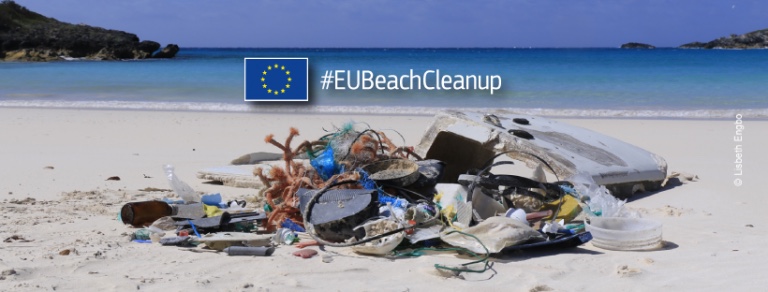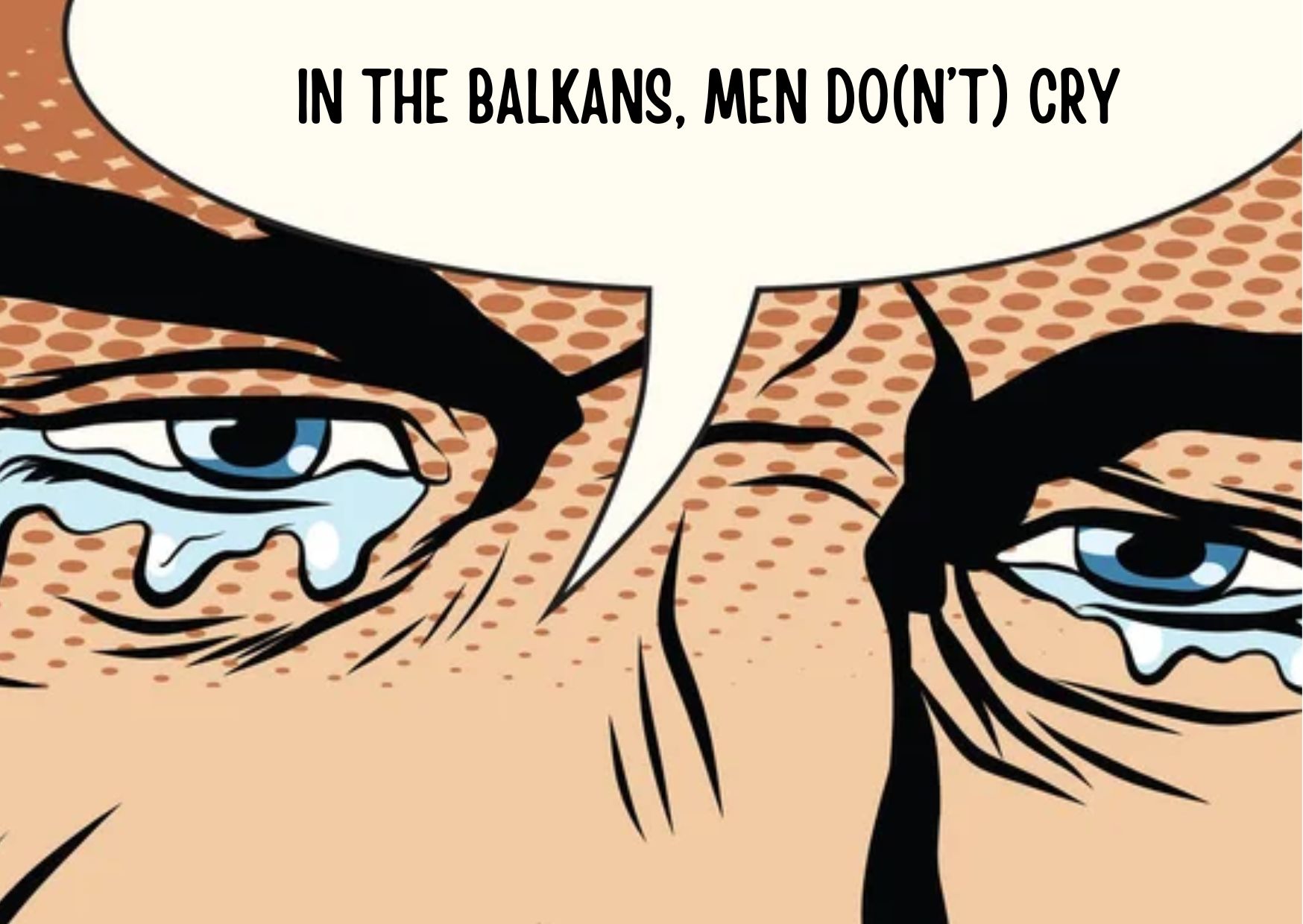Every year humans produce around 400 million tons of plastic. At least 14 million tons of plastic end up in the ocean every year. This plastic is then ingested by different marine species which can lead them to experience serious injuries, some of which can even lead them to death. Plastic in the oceans and other water surfaces does not only hurt the animals, it poses a significant threat to human health and wellbeing, and it also speeds up the process of climate change.
Taking into account the harm that plastic debris can produce if it ends up in the oceans and other water surfaces, different institutions have come up with initiatives that aim to address this issue. It is usually very hard to clean up the water surfaces once the debris reaches them, and one of the solutions for preventing this is cleaning the coastlines that contain various types of plastic debris. At the moment, there are probably only a few coastlines in the world where one won’t see human impact on them, whether that are cigarette butts, empty water bottles, or plastic straws.
One of the campaigns that aims to raise awareness about marine pollution and the ways our habits impact the oceans and other water surfaces, is the #EUBeachCleanup campaign. This campaign is organized by three entities: the European Commission’s Directorate General for Maritime Affairs and Fisheries (DG MARE), the European External Action Service, and the United Nations. The campaign involves different clean-up events organized by different institutions, civic organizations, as well as individual groups of citizens who show deep care for protecting the planet Earth’s water surfaces.
The campaign itself started five years ago with an aim to significantly improve coastal and ocean ecosystems by reducing the amount of debris that reaches the water surfaces and is conducted by the above-mentioned institutions and their volunteers. While one of the primary goals is the protection of these ecosystems, it is important to realize that such campaigns also help preserve our own natural environments. For instance, coastlines are great places to enjoy our free time and engage in fun activities, but when they are covered in plastic debris, such an idea does not sound very tempting. On the other hand, a clean shore, whether on the lake or the sea, is a very attractive place both for locals and tourists. This is only one example of how campaigns such as the #EUBeachCleanup can improve our quality of life and reduce problems we are collectively facing.
While most of the #EUBeachCleanup activities focus on the ocean shores and ecosystems, there are also those that raise awareness of the importance of cleaning lakes and rivers. The #EUBeachCleanup 2023 activity took place on Prespa Lake in North Macedonia, where a group of Young European Ambassadors from all over the Western Balkans region engaged in this clean-up activity5. This group of young volunteers and activists was cleaning Slivnica Beach at the Prespa Lake, a popular tourist spot, where unfortunately one can find various forms of plastic debris that eventually ends up floating in the Prespa Lake. This Lake is of high importance for the region, taking into account that it is located on the tripoint of North Macedonia, Albania, and Greece, and that is also an important breeding habitat for different bird species.
During this clean-up activity, young volunteers from the Western Balkans region collected kilograms of debris of different kinds that posed a serious threat to the health and well-being of the species living in the given ecosystem. Due to the high smoking rates in the region (around 30% of adults smoke cigarettes in the Western Balkans), one should not be surprised to see many cigarette butts thrown on the ground, even if that ground is near freshwater surfaces. Youth from the region collected hundreds of cigarette butts that if got in contact with the water, could contaminate up to hundreds of liters of water with unhealthy and dangerous chemicals. For instance, only one cigarette butt that is left in the water can contaminate up to 8 liters of water which later affects not only the living species in the water but also humans who later consume some of the species that originate from that water. Solely this example can teach us the importance of campaigns such as the #EUBeachCleanup for protecting our health and wellbeing, as well as the wellbeing of different coastal ecosystems and species living in them.
The conclusion that we can draw here is that the Western Balkans region needs more activities of this type. While around 2% of North Macedonia’s territory is covered by water, almost all of these are affected by human activity. On the other hand, the waste that is being created annually reaches the number of almost a million tons, and a good percentage of this amount gets in contact with the water surfaces which, as explained, can very negatively affect our and the health of many other living beings.
The #EUBeachCleanup initiative from young activists coming from all over the Western Balkans shows us that if we collectively join forces, we can make our region better. Here we see young people as change makers who are determined to improve the region’s natural environment for the better, while also highlighting the importance of regional cooperation when dealing with problems such as waste and the threat that plastic and other types of waste pose to our valuable water surfaces. The Western Balkans region where young people are involved in activities such as the #EUBeachCleanup is the one we all hope for, and each one of us should give our best to contribute as much as possible towards making our region cleaner and more beautiful.
References:
https://www.iucn.org/resources/issues-brief/marine-plasticpollution#:~:text=Over%20400%20million%20tons%20of,waters%20to%20deep%2Dsea%20sediments.
https://www.iucn.org/resources/issues-brief/marine-plasticpollution#:~:text=Over%20400%20million%20tons%20of,waters%20to%20deep%2Dsea%20sediments.
https://oceans-and-fisheries.ec.europa.eu/eu-beach-cleanup_en
https://oceans-and-fisheries.ec.europa.eu/eu-beach-cleanup_en
https://webalkans.eu/en/news/eu-beach-clean-up-of-lake-prespa/
https://emerging-europe.com/news/why-culture-makes-smoking-a-hard-habit-for-the-western-balkans-to-kick/
https://www.sciencedirect.com/science/article/abs/pii/S0013935121001754
https://www.stat.gov.mk/
